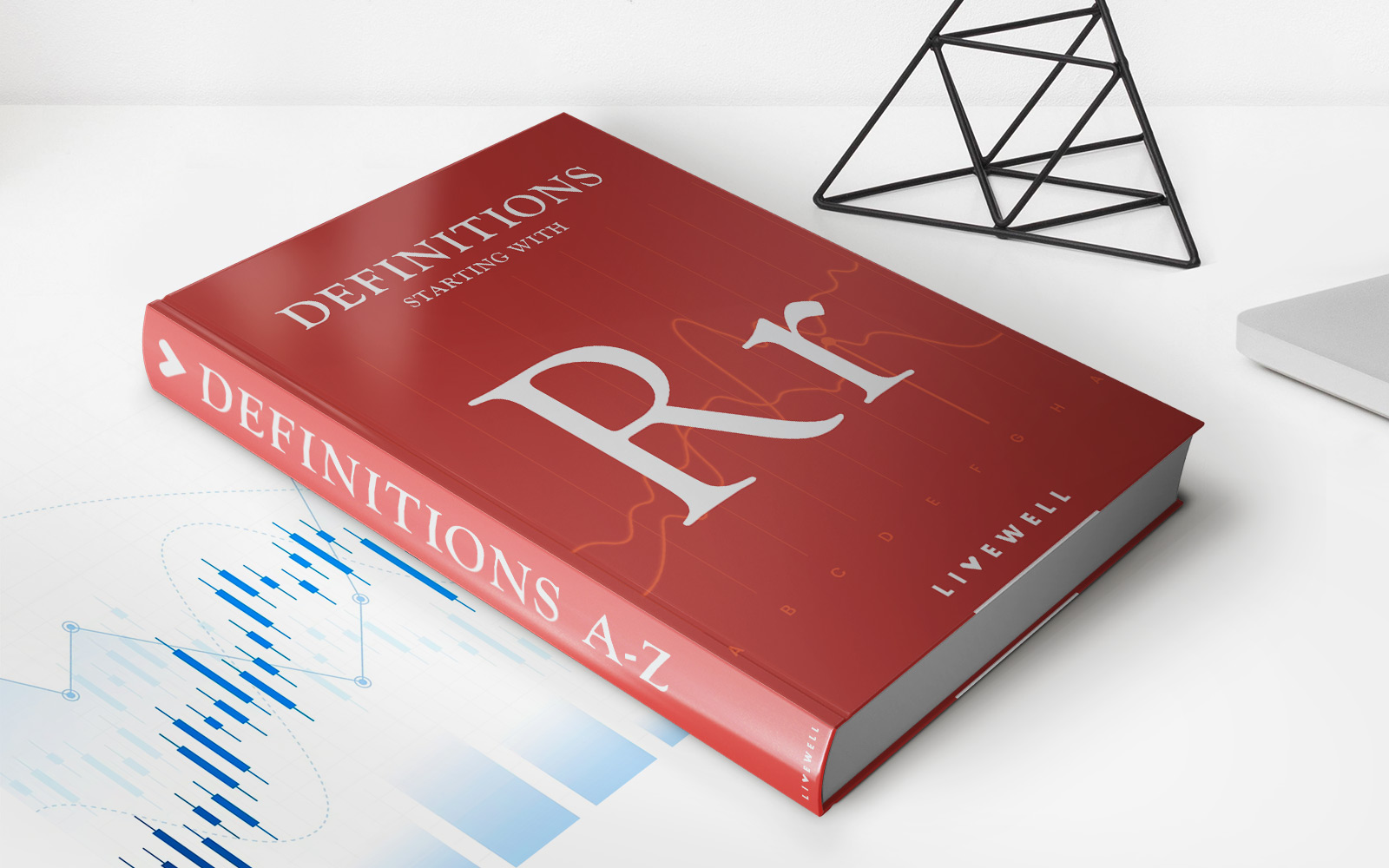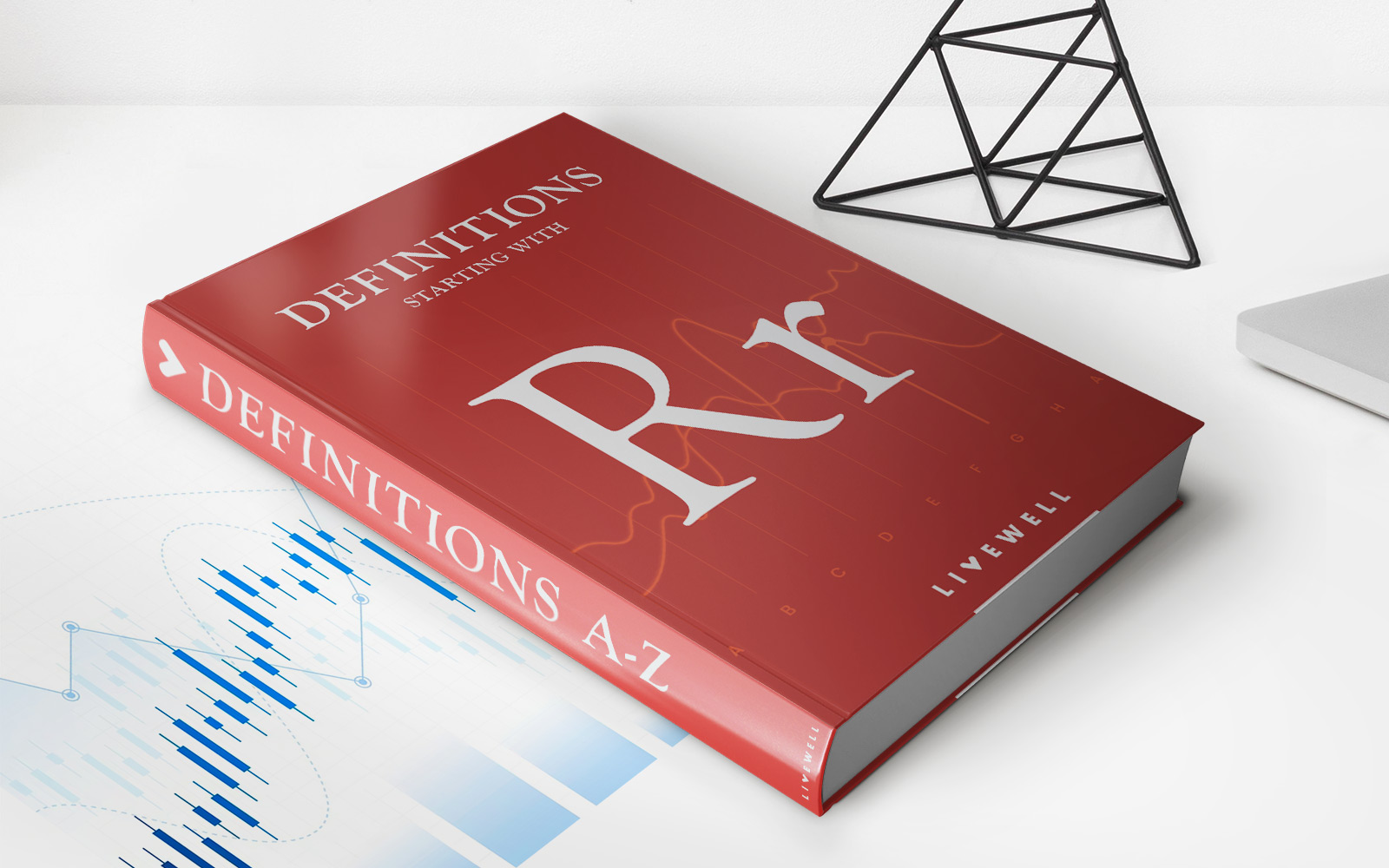Home>Finance>Internal Auditor (IA): Definition, Process, And Example


Finance
Internal Auditor (IA): Definition, Process, And Example
Modified: December 30, 2023
Learn about the definition, process, and example of Finance Internal Auditors (IA) and how they contribute to the financial integrity of organizations.
(Many of the links in this article redirect to a specific reviewed product. Your purchase of these products through affiliate links helps to generate commission for LiveWell, at no extra cost. Learn more)
Internal Auditor (IA): Definition, Process, and Example
Are you interested in pursuing a career in finance and want to learn more about internal auditing? Look no further! In this blog post, we will provide you with an in-depth understanding of what internal auditors do, their role in financial management, and how you can become one. Read on to discover the world of internal auditing and its importance in the finance industry.
Key Takeaways:
- An internal auditor is responsible for assessing and evaluating a company’s financial systems, processes, and controls to ensure compliance and identify risks.
- Internal auditors play a crucial role in maintaining the integrity and accuracy of financial information, which contributes to effective decision-making and risk mitigation.
What is an Internal Auditor?
An internal auditor is an individual or a team within an organization that provides independent and objective evaluations of its financial systems, processes, and controls. They work closely with management to identify areas of improvement, assess risks, and ensure compliance with laws, regulations, and internal policies. Internal auditors are key contributors to the overall effectiveness and efficiency of financial operations within a company.
The Internal Audit Process
The internal audit process involves several critical steps to provide a comprehensive evaluation of a company’s financial systems. Here’s a breakdown of the typical internal audit process:
- Planning: Internal auditors begin by understanding the organization’s objectives, risks, and management priorities. They develop an audit plan that outlines the scope, objectives, and methodology of the audit.
- Fieldwork: During this phase, internal auditors gather and analyze data. They conduct interviews, examine financial records, observe processes, and assess internal controls. This step helps identify potential risks and control weaknesses.
- Reporting: After completing the fieldwork, internal auditors prepare a comprehensive report that highlights their findings and recommendations. The report is shared with management, providing insights and actionable steps to address identified issues.
- Follow-up: Internal auditors ensure that management takes appropriate action on the audit recommendations. They monitor the implementation of corrective measures to address identified risks and control deficiencies.
Example of Internal Audit in Finance
To better understand how internal auditing works in practice, let’s consider an example in the finance industry. Imagine a multinational corporation with operations worldwide. The internal audit team conducts an audit of its financial operations in a particular region. During the audit, they assess various areas, including financial reporting, cash management, and compliance with local regulations.
The internal auditors identify a control weakness in the cash management process, leading to potential financial losses due to manual errors and lack of segregation of duties. They include this finding in their report and recommend the implementation of an automated cash management system and segregation of duties controls.
Management takes prompt action, implementing the recommended changes and strengthening internal controls. As a result, the company’s cash management process becomes more efficient, reducing the risk of financial losses and ensuring compliance with regulations.
In Conclusion
Internal auditors play a vital role in maintaining the integrity of financial systems and controls within organizations. Through their evaluations and recommendations, they help minimize risks, enhance efficiency, and promote compliance. If you’re passionate about finance and interested in a dynamic career that combines finance and risk management, pursuing a role as an internal auditor could be a rewarding option.
Remember, the key takeaway from this blog post is that internal auditors are responsible for assessing financial systems and controls, ensuring compliance, and identifying risk areas. They contribute to effective decision-making and risk mitigation, making them valuable assets in the finance industry.














